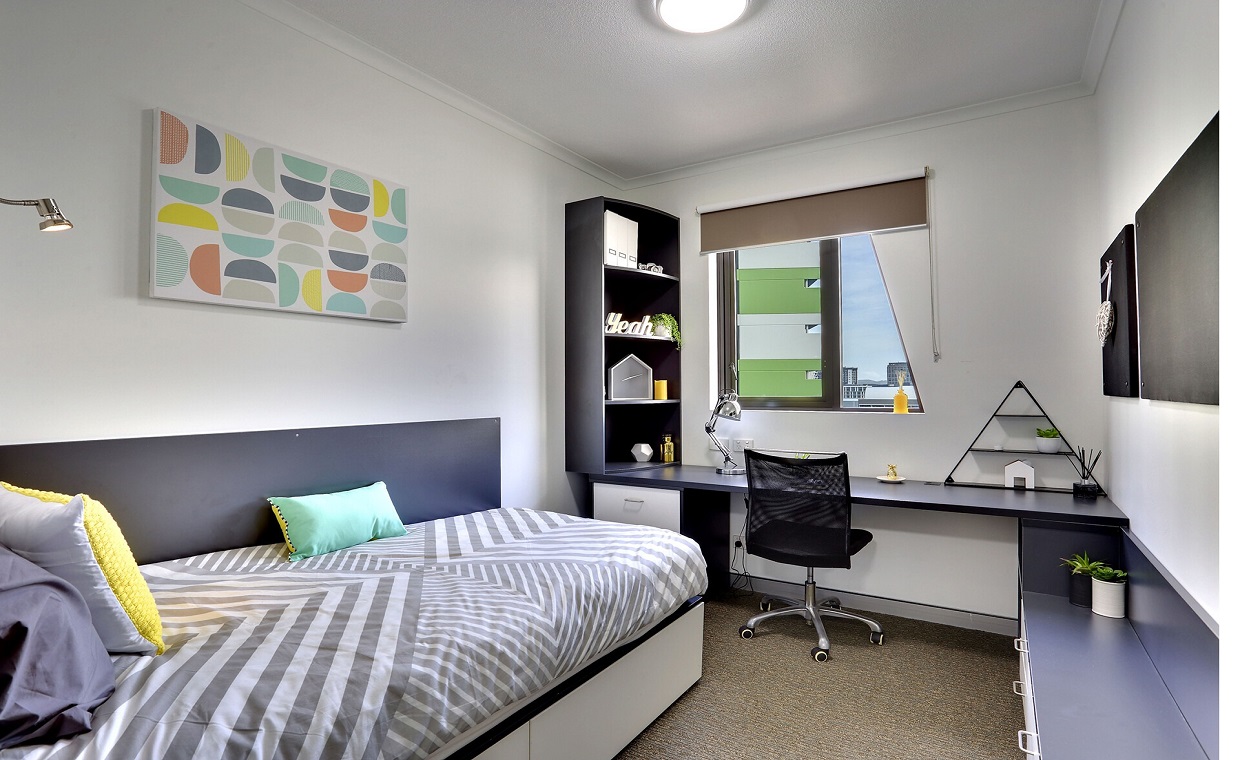
Table of Contents
Quick Summary
- Explains how smart renting helps tenants and landlords avoid financial losses.
- Tips for tenants: researching fair rent, inspecting properties, signing written agreements, managing security deposits, and avoiding scams.
- Advice for landlords: tenant screening, setting fair rent, drafting strong agreements, maintaining property, and planning for vacancies.
- Covers key legal and practical steps like police verification, deposit return rules, and insurance.
- Encourages a cooperative relationship for hassle-free renting and steady income.
If you’ve ever looked for a rental, you know the drill – excitement mixed with stress. The thrill of a new place, a fresh start, maybe even a shorter commute… quickly gets weighed down by sky-high deposits, confusing agreements, or landlords and tenants who don’t always play fair.
The rental market is always active and competitive. But it’s also messy – and if you’re not careful, it can burn a hole in your pocket.
That’s where “smart renting” comes in. Whether you’re the one paying rent or the one collecting it, the goal is the same: you want to protect your money, protect your rights, and avoid the unnecessary headaches. Let’s talk about how both tenants and landlords can do just that.
Tips for Tenants: How to Protect Yourself When Renting

As a tenant, you want a safe, comfortable home without feeling like you’ve been ripped off. The following checks help you in navigating the process wisely and shield yourself from common financial pitfalls.
Do a Quick Reality Check on Rent?
Don’t sign anything until you’ve had a look at what others are paying in the area. Spend 15 minutes on any reliable real estate listing site or local classifieds to find out the average rent for a similar flat. This will help you understand what’s fair. Keep in mind that each city has its own norms and deposits vary widely by location. If someone asks for something unreasonable, like a year’s rent upfront, take caution.
Walk Through, Don’t Just Walk In
When you first view the place, don’t let excitement cloud your judgement. Check for leaks, loose wires, pest issues, wall cracks or broken fixtures. Take photos and videos – your phone is your best defense. Share a list of any existing damages or maintenance issues with your landlord. If there’s a dispute later, you’ll be thankful for having documented it. This will also help you avoid unnecessary deductions on your security deposit when you move out.
Put It All in Writing
“No worries, I’ll remember” isn’t a smart strategy for renting. Always insist on a written rent agreement that clearly states all important terms. Get everything down on paper: rent, deposit, duration (usually 11 months), notice period, payment method, and any restrictions (like pets). A registered agreement offers even stronger protection. If the landlord hesitates about writing things down, that’s your cue to move on.
Handle Deposits Wisely
Deposits are a significant amount of money to pay upfront. Depending on location, the norm can range from one to several months of rent. Stick to what’s standard, always get a receipt, and take care of the property to avoid deductions. When you want to move out, follow the notice period requirements and any other conditions mentioned in the rent agreement. If you repainted the house or made changes, check if you need to reverse these. During handover, ask your landlord for a joint inspection and discuss repair costs for any major issues. By law, the landlord must return your deposit within 30 days after adjusting for actual repairs.
Who Pays for What? Clear It Up Early
Major repairs usually fall on the landlord, while tenants cover small fixes. But don’t leave it to “usually” – ask upfront. Also, check who pays society fees, water, and utilities. If the flat is furnished, clarify who repairs appliances. During your stay, promptly report any maintenance issues to your landlord. It ensures that the problem gets fixed and any bigger damage is prevented.
Pay Rent on Time – and Only for Days You Stay
Nothing ruins a landlord-tenant relationship faster than late rent. Pay on time and always get receipts or transfer via bank.
If you happen to move in or out in the middle of a month, you shouldn’t have to pay for days you didn’t stay. Instead, talk to your landlord about paying only for the portion of the month you actually lived there – that’s called prorated rent. It’s usually worked out as (monthly rent ÷ 30) × the number of days you stayed. To skip the math, you can always use a prorated rent calculator.
Stay Alert for Scams
Scams are all over the place. Beware of suspiciously low rents, demands for token deposits before seeing the property, or landlords who refuse to give receipts. Never scan random QR codes or transfer money through shady links. Verify everything – ID, ownership papers, even the broker’s license if needed.
Know Your Rights
Some housing societies don’t rent to bachelors or pet owners, so ask upfront. Police verification is mandatory in many cities, and it protects you too. And remember: landlords can’t just walk in whenever they feel like it. They need to give you notice.
For Landlords: How to Protect Your Investment

Renting out your place can be a steady income stream – unless you end up with months of vacancy, unpaid rent, or a tenant who won’t leave. Here’s how to avoid those headaches.
Choose Tenants Carefully
Check job details, income, ID proofs, and references. Conduct a police verification of your tenant. Police verification isn’t just paperwork; it’s protection. If something about a prospective tenant feels off, trust your gut.
Set Rent That’s Fair, Not Just High
Aim too high, and you’ll end up with an empty flat. Research what others in your area are charging. Sometimes, a slightly lower rent from a reliable tenant pays off more than months of vacancy chasing an extra few thousand rupees.
Use a Strong Agreement
Make sure your contract covers everything: rent, deposit, maintenance, late fees, eviction clauses, and society rules. If it’s 12 months or longer, get it registered. A solid contract saves you stress later.
Don’t Play Games with Deposits
Deposits are there to cover damage, not pad profits. Stick to the standard for your city, and if you’re charging more because the flat is furnished, explain it. Always give receipts, and if you deduct money at the end, show proof. Fair play goes a long way.
Keep the Place in Shape
Tenants leave when repairs pile up. Fix small issues quickly. A good thumb rule is to set aside 1% of the property’s value or a month’s rent each year for maintenance. A well-kept flat attracts better tenants and reduces turnover.
Protect Yourself with Insurance
Fire, flood, theft – you don’t want to be on the hook for these. Get home insurance. If the place is furnished, insure the contents too. Just make sure your insurer knows it’s a rental.
Plan for Empty Months
No rental is occupied 365 days a year. Keep 3-6 months’ worth of expenses aside to cover vacancies. Start advertising early, list on multiple sites, and sweeten the deal with small perks if needed.
Don’t Fall for Scams Yourself
Some “tenants” forge documents or trick landlords with fake payments. Always verify IDs and bank transfers. Ban subletting unless you’ve agreed to it in writing.
Crunch the Numbers Honestly
It’s easy to think your rental is earning more than it is. Gross yield in India is usually 2-3%, and once you deduct taxes, maintenance, and vacancy periods, the net is lower. To see the real picture, try a rental property calculator.
Build Goodwill
Good tenants make your life easier. They pay on time, care for the place, and stick around. A little respect and quick responses go a long way.
The Bottom Line
Renting in Indian cities will always have its challenges, but it doesn’t have to be a nightmare. Tenants can protect themselves by doing their homework, insisting on agreements, and staying alert. Landlords can safeguard their investment by being fair, thorough, and realistic.
At the end of the day, renting works best when both sides see it as a partnership – not a fight. Tenants get a secure, fairly priced home, and landlords get peace of mind with steady income. That’s what smart renting is all about.
Also Read: How to Choose the Right Property Management Company for Your Rental?
FAQs: Smart Renting
Q1. What is smart renting?
Smart renting means making informed decisions to protect finances and rights while renting property.
Q2. How much security deposit is standard in Indian cities?
Typically, 1-3 months’ rent, but it varies by location and property type.
Q3. Is a registered rental agreement necessary?
Yes, especially for agreements of 12 months or more for stronger legal protection.
Q4. How can tenants avoid rental scams?
Verify the landlord’s ID and property papers, avoid paying before viewing, and never scan unknown QR codes.
Q5. What can landlords do to reduce vacancy losses?
Set competitive rent, maintain the property, advertise early, and keep 3-6 months’ expenses for gaps.






























